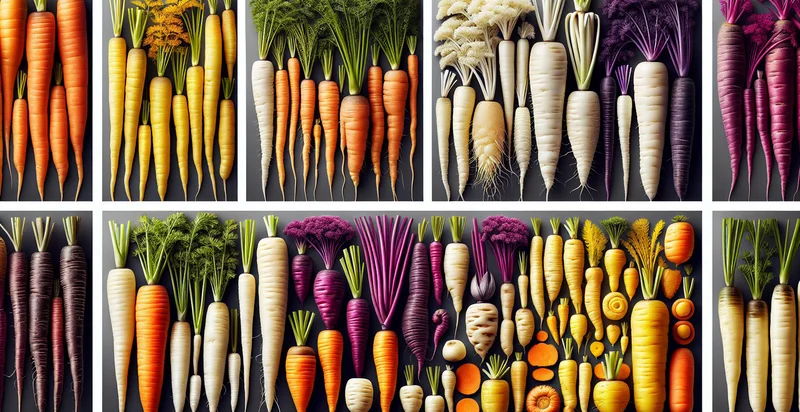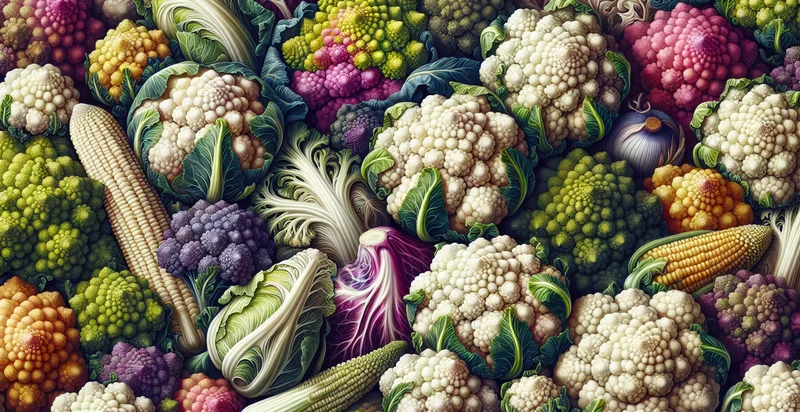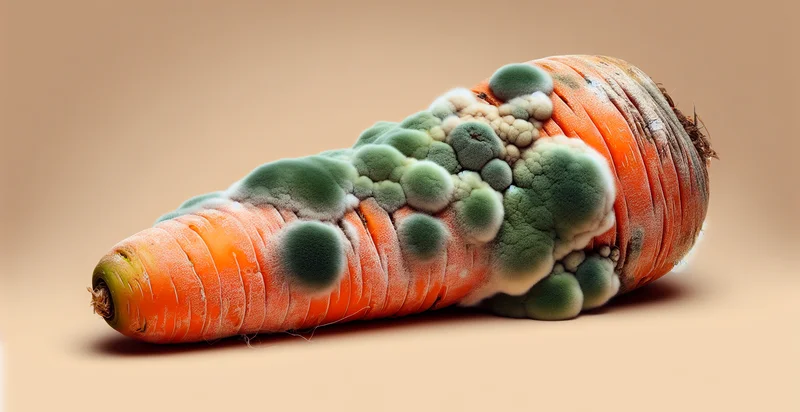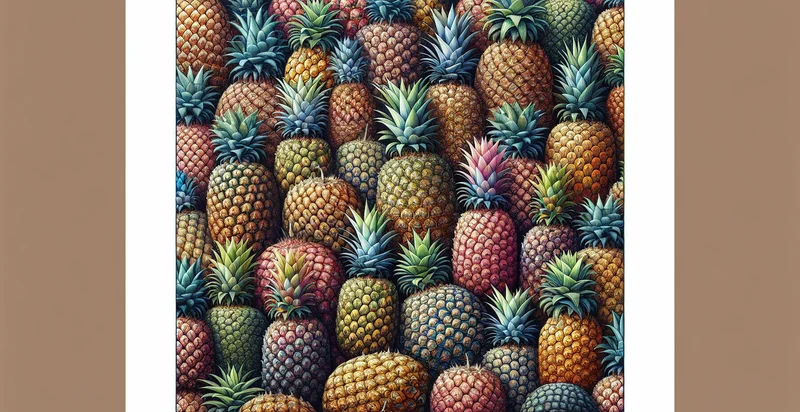Identify carrot species
using AI
Below is a free classifier to identify carrot species. Just upload your image, and our AI will predict what species of carrot it is - in just seconds.

Contact us for API access
Or, use Nyckel to build highly-accurate custom classifiers in just minutes. No PhD required.
Get started
import nyckel
credentials = nyckel.Credentials("YOUR_CLIENT_ID", "YOUR_CLIENT_SECRET")
nyckel.invoke("carrot-species", "your_image_url", credentials)
fetch('https://www.nyckel.com/v1/functions/carrot-species/invoke', {
method: 'POST',
headers: {
'Authorization': 'Bearer ' + 'YOUR_BEARER_TOKEN',
'Content-Type': 'application/json',
},
body: JSON.stringify(
{"data": "your_image_url"}
)
})
.then(response => response.json())
.then(data => console.log(data));
curl -X POST \
-H "Content-Type: application/json" \
-H "Authorization: Bearer YOUR_BEARER_TOKEN" \
-d '{"data": "your_image_url"}' \
https://www.nyckel.com/v1/functions/carrot-species/invoke
How this classifier works
To start, upload your image. Our AI tool will then predict what species of carrot it is.
This pretrained image model uses a Nyckel-created dataset and has 17 labels, including Amsterdam, Baby Carrot, Black Carrot, Chantenay, Danvers, Imperator, Long Carrot, Multi Color Carrot, Nantes and Paris Market.
We'll also show a confidence score (the higher the number, the more confident the AI model is around what species of carrot it is).
Whether you're just curious or building carrot species detection into your application, we hope our classifier proves helpful.
Related Classifiers
Need to identify carrot species at scale?
Get API or Zapier access to this classifier for free. It's perfect for:
- Agricultural Research: This function can aid agricultural scientists in identifying and classifying various species of carrots. By utilizing the image classification capability, researchers can analyze genetic variations and traits among different carrot species, facilitating tailored breeding programs.
- Food Quality Control: Food manufacturers can implement this classification function to ensure the quality of carrot products they source. By quickly identifying the species detected in received shipments, they can maintain consistency and quality control in their processing methods.
- Diet and Nutrition Apps: Health and nutrition applications can incorporate this function to help users understand the different carrot species they are consuming. By providing detailed nutritional profiles based on identified species, users can make informed dietary choices.
- E-commerce Platforms: Online grocery stores can use this identifier to improve product descriptions and recommendations. Accurately classifying carrot species helps consumers choose products based on their preferences, such as taste or nutritional content.
- Culinary Education: Cooking schools and culinary programs can use this classification tool to educate students about various carrot species. Knowing the differences can help aspiring chefs select the best species for their recipes, improving flavor and presentation.
- Gardening and Horticulture: Home gardening apps can leverage this function to help amateur gardeners identify carrot species grown in their gardens. This can lead to improved cultivation practices and encourage users by providing specific guidance based on the identified species.
- Environmental Monitoring: Environmental scientists can utilize this classification tool for monitoring biodiversity in agricultural ecosystems. By identifying carrot species in different habitats, they can assess the impact of agriculture on local ecosystems and develop conservation strategies.


